Thank you for your continuing participation in the AAPI Advancement Award selection process! As a reminder, this is an award given to a UVA faculty based on their contributions to the AAPI community. The winner will receive $5,000 to donate to their UVA department of choice! Below are the 9 candidates in the running:
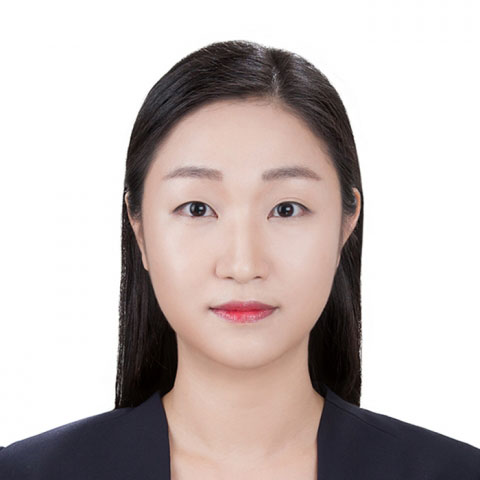 Yoon Hwa Choi
Yoon Hwa Choi
Professor Choi is currently Director of Korean Program, Korean Minor Advisor, and Senior Lecturer of Korean at UVA. She has taught both entry- and advanced-level Korean courses and, as any students who took her classes before would know, she makes Korean fun and easy to learn. She is beloved by her students for being “super approachable” for extra help (office hours, speaking practice, etc.), and they praised her dedication to the field and her willingness to meet students’ expectations and interests.
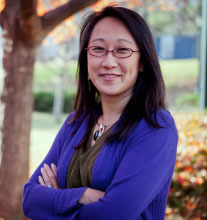 Sylvia Chong
Sylvia Chong
Professor Chong is an Associate Professor of English, with directorships in American Studies and Asian Pacific American Studies. She has been a pillar of the AAPI community, teaching important AAPI histories that are not usually offered as courses, organizing community gatherings for learning and solidarity during events affecting the AAPI community these past years with student organizations, and hiring more AAPI faculty to teach AAPI and interdisciplinary studies. As a former student still working with her for Teaching Literature for Liberation noted: “She gave me countless opportunities to give back and get involved in teaching Vietnamese American history through my family history.” Professor Chong has published extensively on topics like the Vietnam War. Her theory of “oriental obscenity” has wide ranging implications on other political narratives, including the Black Power movement, law-and-order conservatism, second-wave feminism, and the nascent Asian American movement.
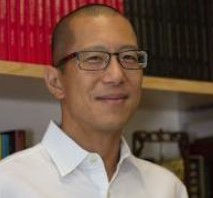 Jack Chen
Jack Chen
Professor Chen is a Professor of Chinese Literature. Former students noted his ability to illuminate and foster a deeper appreciation of Chinese Culture and history. Students appreciate how he “goes above and beyond during lectures” and praised him for being “not only fun, but also engaged and kind.” Professor Chen focuses on the literary and intellectual traditions of classical China, particularly during medieval China, spanning the periods between 100 CE and 900 CE. He is known for applying innovative computational methods for literary analysis and his work on the history of information management in traditional China. His publications include “The Poetics of Sovereignty: On Emperor Training of the Tang Dynasty” and “Idle Talk: Gossip and Anecdote in Traditional China.”
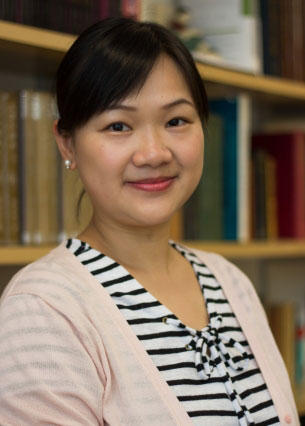 Ying Gao
Ying Gao
Gao Laoshi (the Chinese word for “teacher” as she is known to her students) is currently Lecturer of Chinese at UVA. She is described by her students as an “extraordinary” teacher who does a great job of creating a safe classroom environment where everyone feels comfortable sharing and who makes effective use of tools such as Padlet, Voicethread, and videos to help enhance the learning experience and create variety in the course material.
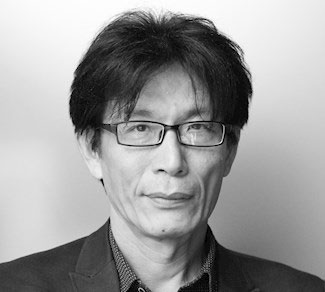 Shiqiao Li
Shiqiao Li
Professor Li is Weedon Professor in Asian Architecture, School of Architecture, University of Virginia, where he teaches courses on history and theory of architecture, and architectural design studios. His research agenda contributes towards an understanding of Asian architecture with its intellectual independence and influences. His theoretical writings appeared in major international peered reviewed journals, and his books include Understanding the Chinese City, Architecture and Modernization, and Power and Virtue, Architecture and Intellectual Change in England 1650-1730. Students praised his “original and pioneering” work and his contribution to the understanding of our living environment with profound insights into the Chinese civilization, noting that he is “one of the few distinguished scholars who successfully transcend their own cultural presupposition of observation.”
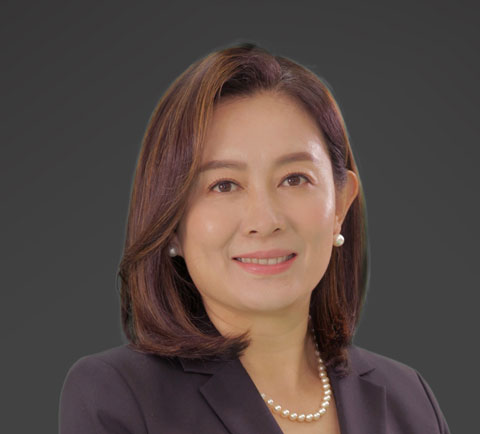 Syaru Shirley Lin
Syaru Shirley Lin
Professor Lin is Research Professor at the Miller Center of Public Affairs at UVA and a nonresident senior fellow in the Foreign Policy program at Brookings Institution. She has done a tremendous amount of work promoting better understanding and greater appreciation of emerging economies and cultures of East Asia, cross-strait relations and, most importantly, why and how Taiwan matters to the world. She co-founded, and serves as the Chair of, CAPRI (Center for Asia-Pacific Resilience and Innovation) in Taipei, a new, non-partisan, independent think tank that recognizes the role Taiwan can play in developing innovative, interdisciplinary solutions for the urgent socioeconomic, environmental, and political challenges that Taiwan and other high-income societies in the Asia-Pacific are facing. She is a prolific author, engaging speaker and insightful researcher whose analysis and commentary frequently appear in English and Chinese language media. She is highly respected, both in Asia and in the U.S., for her many contributions to the AAPI cause as scholar, educator and social influencer.
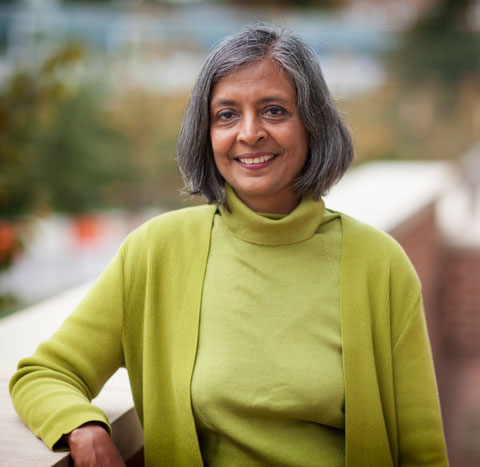 Geeta Patel
Geeta Patel
Professor Patel is an Associate Professor of gender and women’s studies and Middle Eastern and South Asian languages and cultures at UVA. Her teaching encompasses a wide range of subjects including interdisciplinary methodologies, Popular culture in South Asia: 1800-present, Bollywood, and Sexuality and cinema in South Asia. Her book Lyrical Movements, Historical Hauntings: Gender, Colonialism and Desire in Miraji’s Urdu Poetry (2002), focusing on a renegade writer, Miraji, reads gender and sexuality in twentieth-century Urdu poetic movements that emerge out of the lyric of loss. She has translated widely from prose and poetry composed in Sanskrit, Urdu, Hindi, Braj, and Awadhi. Her current project, Insuring Selves, Assuring a Future: The Poetics of Finance, on insurance, pensions, transnational capital, rights, and state formations (from 1750–2002) in South Asia, works through gender to grapple with the liaisons between capital, subjectivity, and loss. She is praised by her students for helping them learn and gain a holistic understanding of South Asian cultures.
 Bradly Reed
Bradly Reed
Professor Reed is an Associate Professor of History at UVA. Students who took his “Modern China” course described him as an “incredibly engaging”, “intensely knowledgeable” and “inspiring” teacher. Former students also appreciate how he incorporates personal anecdotes from his time working and living in China into his lectures to draw in the class, and they praised his passion for the subject that “permeates every lecture” and pushes them to care as well. Professor Reed’s teaching and research focus on Late Imperial and Modern China, and his main specialties include Late Imperial Law and Society, Local Government and Administrative Practice, and Cultural Revolution Studies. His book Talons and Teeth, County Clerks and Runners in the Qing Dynasty has been lauded as a valuable contribution to the study of a sophisticated bureaucracy in a non-Western, nonmodern setting. He is currently researching the influence of bureaucratic administration on the judicial process during the Qing era.
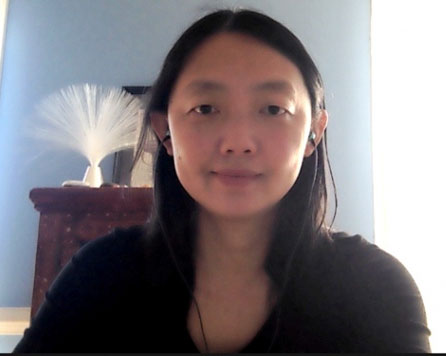 Ran Zhao
Ran Zhao
Zhao Laoshi (the Chinese word for “teacher” as she is known to her students) is currently Associate Professor of Chinese and Director of Chinese Language Program. She is beloved by her students who noted how she makes Chinese fun and always strives to share as much Chinese culture with her students as she can. Students also praised her for going beyond teaching the mechanics of Chinese language and calligraphy and bringing her students to understand their cultural significance and how culture has shaped these practices. She emphasizes that you cannot have the practice without knowing the culture and philosophy that makes the practice. She was especially admired for her work in pushing for the East Asian calligraphy course and its expansion to include Japanese and Korean calligraphy.
We are now asking you to help us select the award winner with your vote! Please cast your vote by March 17.

